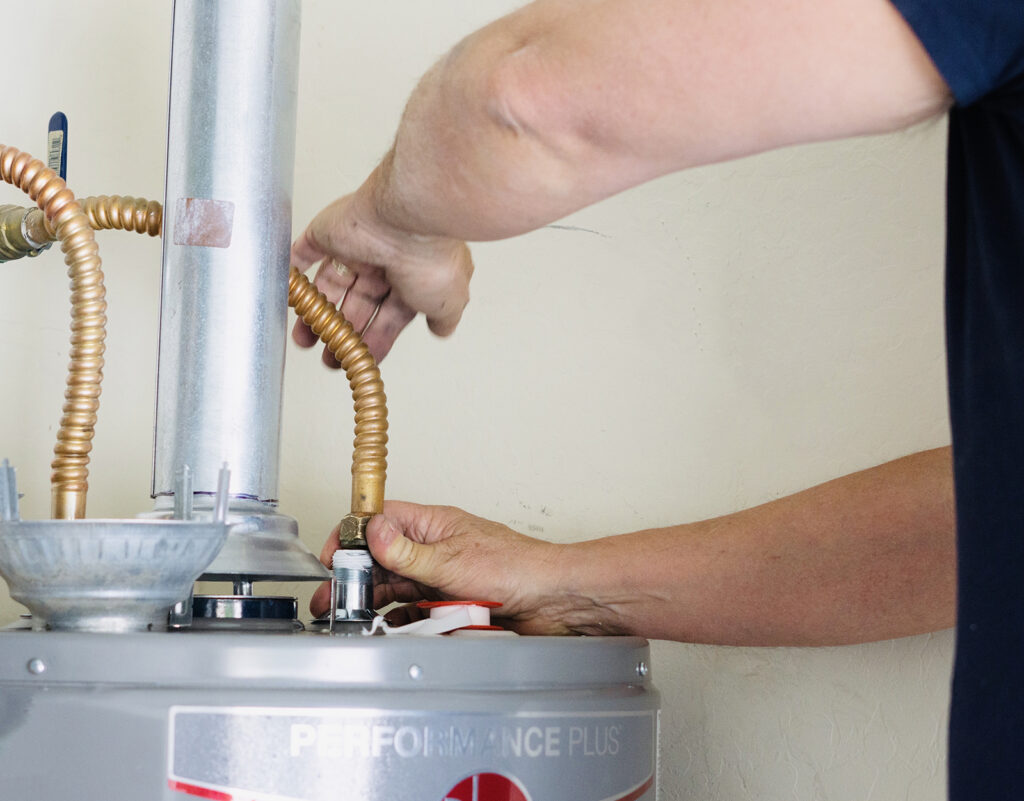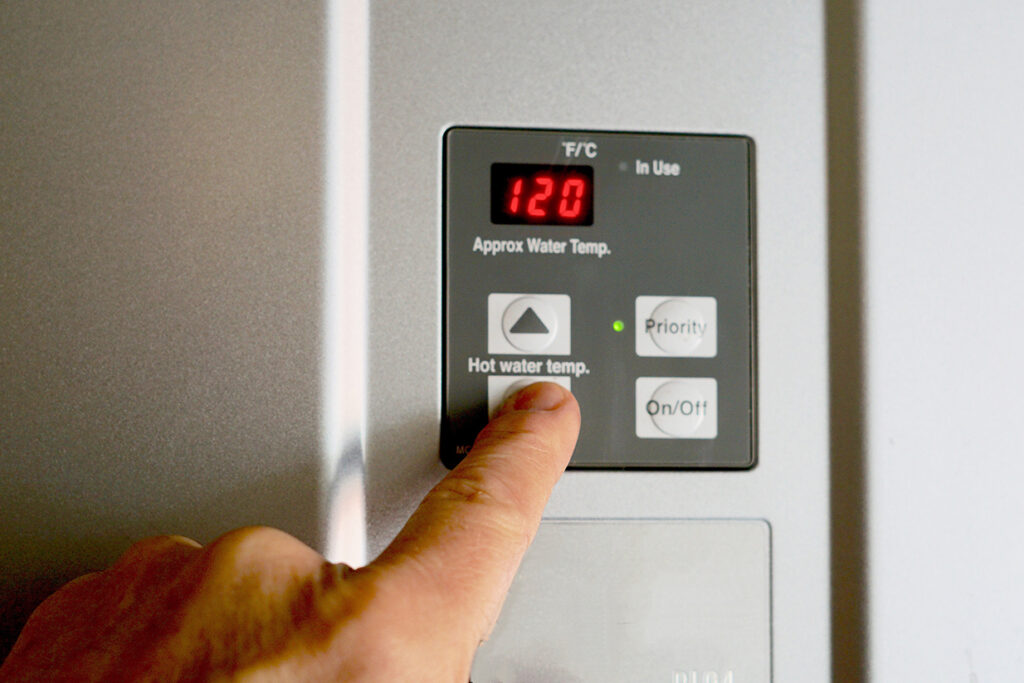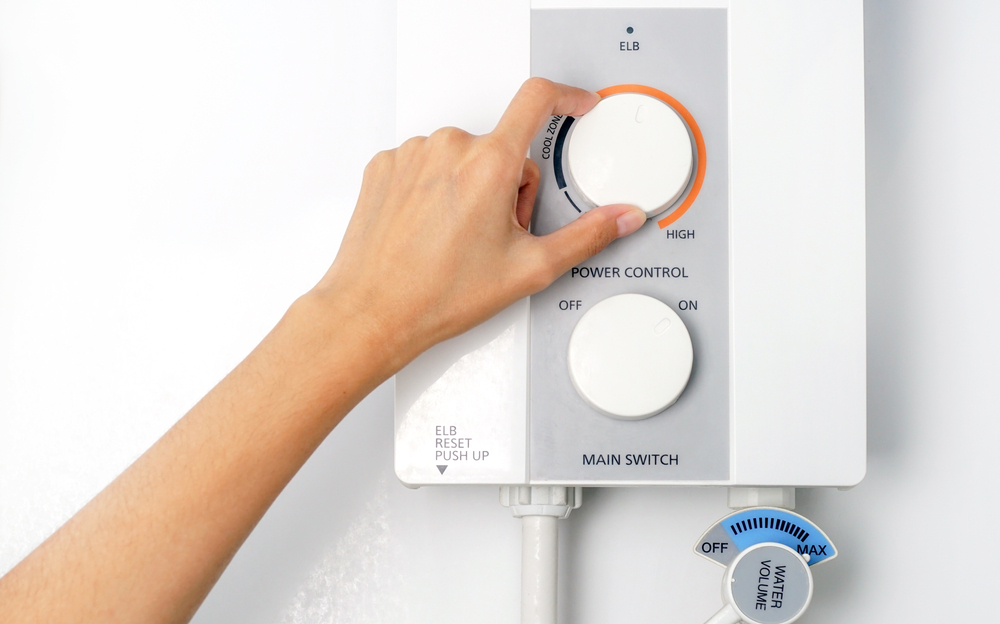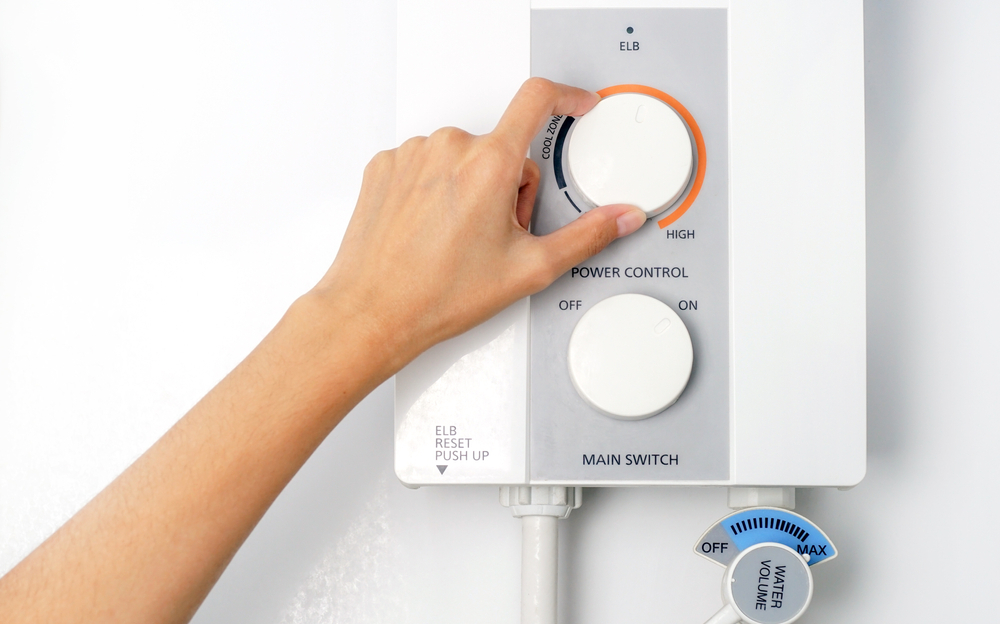
Maintaining your water heater is crucial for ensuring it operates efficiently, lasts as long as possible, and provides your home with consistent, hot water. Neglecting your water heater can lead to inefficiencies, higher energy bills, and premature failure. Here’s a comprehensive guide to help you maintain your water heater and keep it in top condition.
Understand Your Water Heater
Firstly, identify the type of water heater you have. The most common types are tankless (on-demand) and storage tank water heaters, powered by electricity, natural gas, propane, or solar energy. Understanding your type will dictate specific maintenance requirements.
Regular Inspections
Visual Inspection: Regularly inspect your water heater for any signs of leaks or corrosion on the tank and in the surrounding area. Check for water pooling, which can indicate a leak.
Pressure Relief Valve Check: The pressure relief valve is a safety feature that prevents your water heater from becoming too pressurized. Test it annually by lifting the valve’s lever and letting it snap back. You should hear a gurgling sound as water is released into the drain tube. If it doesn’t, the valve may need to be replaced.
Flush the Tank
Sediment build-up can reduce your water heater’s efficiency and damage the tank. Annually flushing the tank can help:
– Turn off the power (for electric heaters) or the gas supply (for gas heaters).
– Connect a garden hose to the tank’s drain valve and run it outside or into a bucket.
– Open the drain valve, allowing the water to flow until it’s clear. If the water remains cloudy, briefly turn on the cold water supply to stir up remaining sediment, and drain again.
Check the Anode Rod
The anode rod protects your tank from corrosion. It should be checked every three years, or more frequently if you have hard water:
– Shut off the power or gas and water supply.
– Unscrew the anode rod from the top of the tank.
– If it’s less than ½ inch thick or coated with calcium, replace it.
Adjust the Temperature
Setting the temperature to 120°F can reduce energy consumption and prevent scalding. This setting is adequate for most needs and helps to slow sediment buildup and corrosion.
Insulate the Water Heater
Insulating older tanks can improve efficiency. You can insulate the tank with special blankets made for water heaters. Also, insulating the hot water pipes reduces heat loss as water travels through your home.
Annual Professional Inspection
Even with diligent maintenance, having a professional inspect your water heater annually is wise. They can check for issues you might miss, including checking the burner (for gas heaters), inspecting the heating elements (for electric heaters), and ensuring the system is operating safely and efficiently.
Be Proactive with Replacements
Water heaters typically last between 8 to 12 years. If yours is approaching this age range and experiencing frequent issues, consider replacing it before it fails. Newer models are more energy-efficient and can save you money in the long run.
Regular maintenance of your water heater can significantly extend its lifespan, improve its efficiency, and save you money. By following these steps, you can ensure that your water heater remains in good working condition for years to come. Remember, while many of these tasks are DIY-friendly, don’t hesitate to call Sirius Plumbing and Air Conditioning if you’re uncomfortable performing any maintenance or if your water heater shows signs of serious problems.






